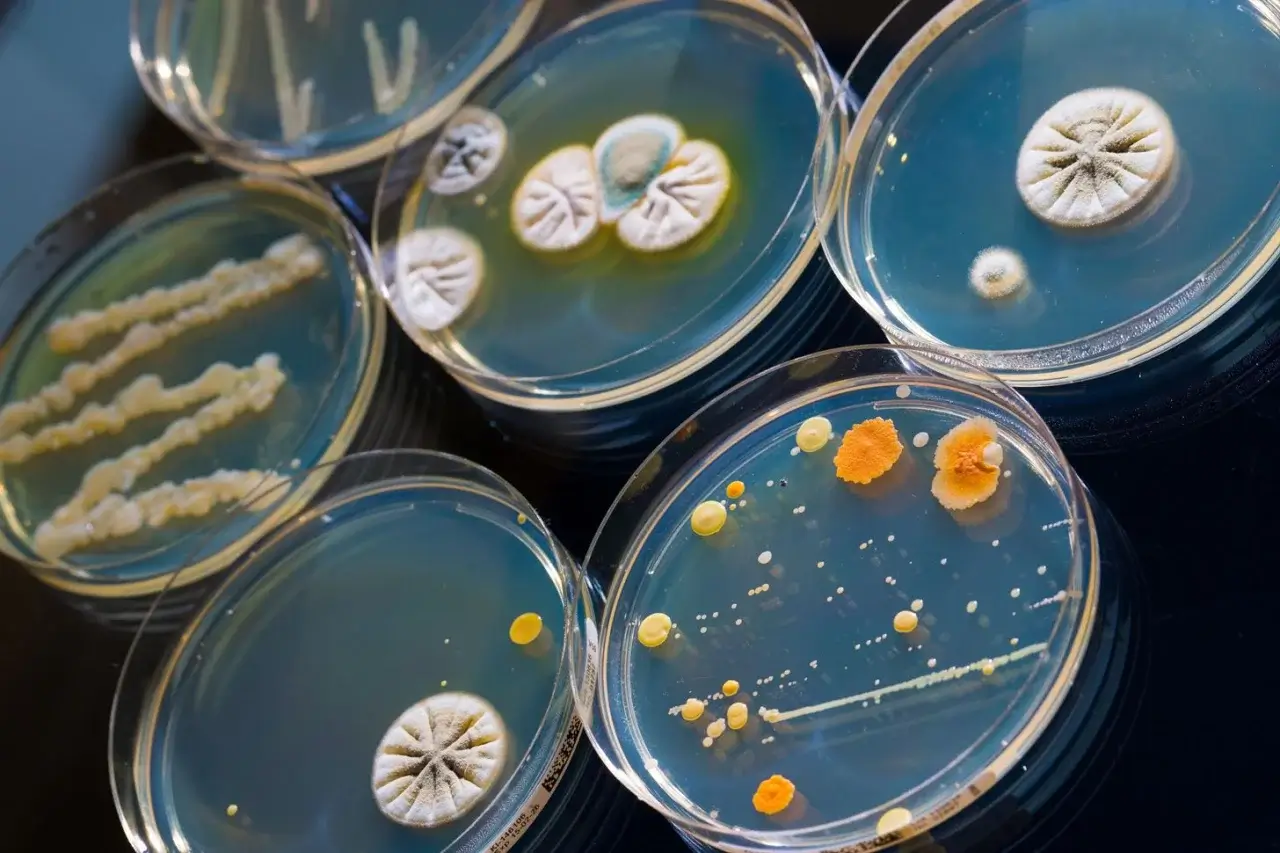Artificial intelligence has created 2 powerful antibiotics against bacteria

Scientists at the Massachusetts Institute of Technology (MIT), USA, have developed two new antibiotics with the help of artificial intelligence that can fight drug-resistant gonorrhea and dangerous MRSA (methicillin-resistant Staphylococcus aureus). BBC reported this.
According to the obtained data, these drugs were designed using artificial intelligence (AI) and have successfully passed laboratory tests on animals. However, before being applied directly to patients, several years of refinement and clinical trials will be required — that is, even after a rapid scientific breakthrough, full verification under medical guidelines is mandatory.
Why is this important?
Normally, antibiotics kill bacteria, but in recent years, due to excessive and improper use, infections have been becoming resistant to many medications. This trend poses a serious threat to more than a million lives every year. Meanwhile, the pace of creating new antibiotics has slowed for decades — there has been a break in the chain between market “consumption” and laboratory “creation.”
What path did AI take?
Previously, scientists used AI to screen potentially useful options among existing chemical compounds. This time, the MIT team raised the bar and attempted to synthesize entirely new antibiotic molecules against infections.
First, AI was “trained” with large datasets about the chemical structures of known drugs and their effects on bacteria.
Then the work proceeded in two directions:
crafting new combinations from existing chemical fragments;
giving AI full freedom to propose conceptually new molecules.
Result: two promising medicines were obtained that are not harmful to human health and do not resemble existing antibiotics. They were tested in the laboratory on mice and produced positive results. According to MIT professor James Collins, AI is enabling antibiotics to be designed faster and cheaper, which is an important step in the fight against “superbugs.”
When will it reach patients?
Scientists said these drugs are not yet fully ready for clinical trials: at least another 1–2 years are needed for refinement. Experts believe AI can accelerate discovery, but lengthy and costly stages are still required to confirm safety and efficacy.
The economic side: why is it complicated?
To preserve the effectiveness of new antibiotics, they are recommended to be used less frequently — which limits commercial profit. Therefore, to fully utilize AI advances, new financial/regulatory approaches are needed in healthcare and pharma: state grants, “pay-for-performance” models, strategic stockpile programs, etc.
What is gonorrhea?
Gonorrhea is a sexually transmitted bacterial infection caused by Neisseria gonorrhoeae. It can also be passed from mother to child during childbirth. Main symptoms:
pain and burning during urination;
discharge from the genital organs;
lower abdominal pain, and sometimes the neck, eyes, or throat are affected.
Gonorrhea is treated with antibiotics, but in recent years the disease has been becoming resistant to many drugs. Without timely treatment, it can lead to infertility or other severe complications.
What is MRSA?
MRSA is a methicillin-resistant strain of Staphylococcus aureus. It is a type of infection resistant to common antibiotics, especially methicillin and similar agents. It usually lives on human skin or in the nasal mucosa, but when immunity is reduced or it enters through wounds, it can cause infection. Routes of transmission:
direct skin-to-skin contact;
contaminated surfaces and objects;
wounds/operative sites.
Symptoms: redness, swelling, pain, purulent sores; in severe cases — pneumonia and bloodstream infection (sepsis).
Zamin.uz conclusion: MIT’s two AI-based antibiotics are a major step on the scientific front. The road ahead — from laboratory to clinic — requires patience and oversight. If safety and efficacy are fully confirmed, a new window of hope will open in the global fight against “superbugs.”
Read “Zamin” on Telegram!













